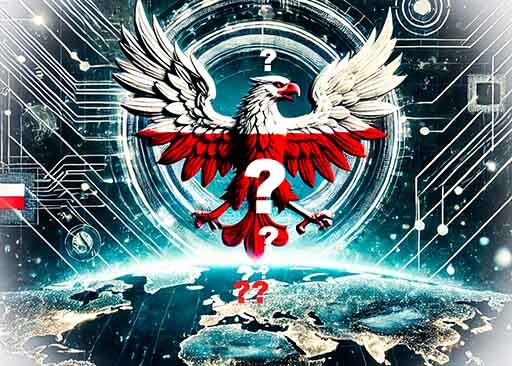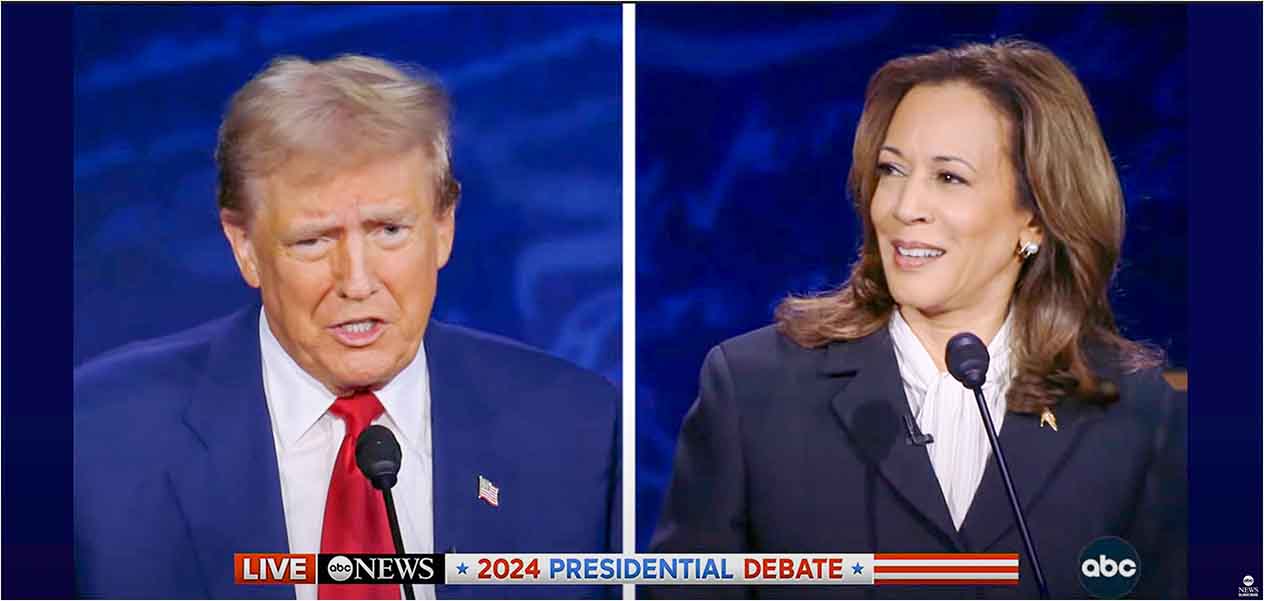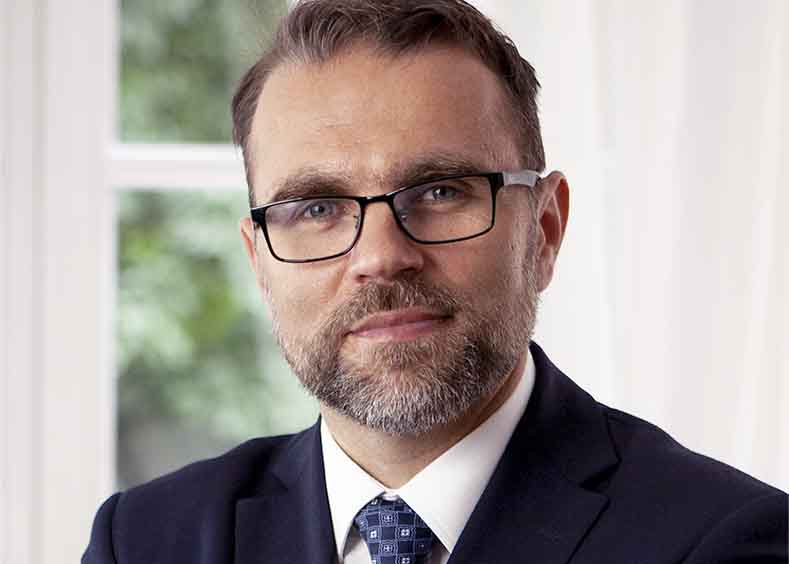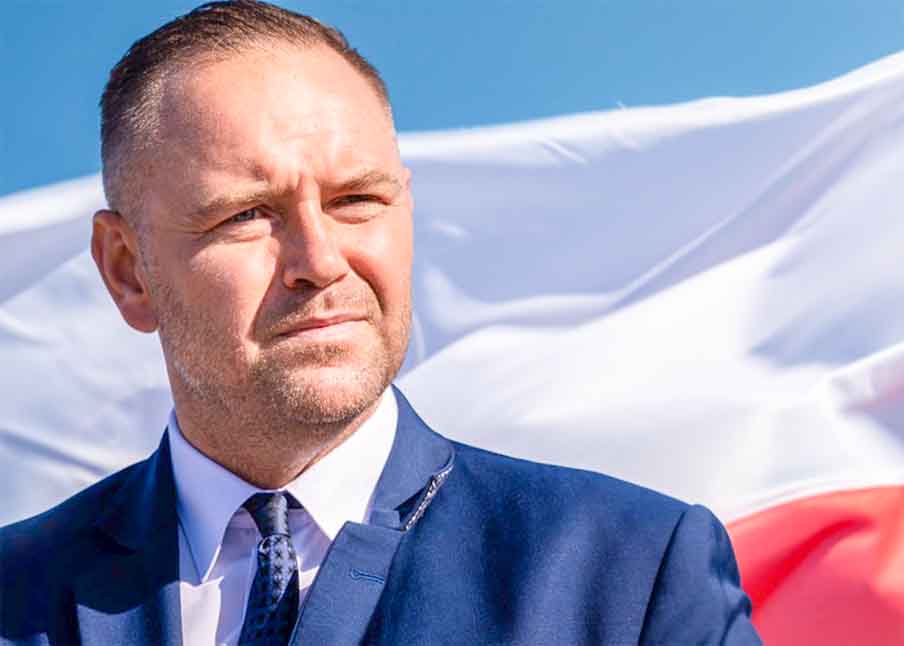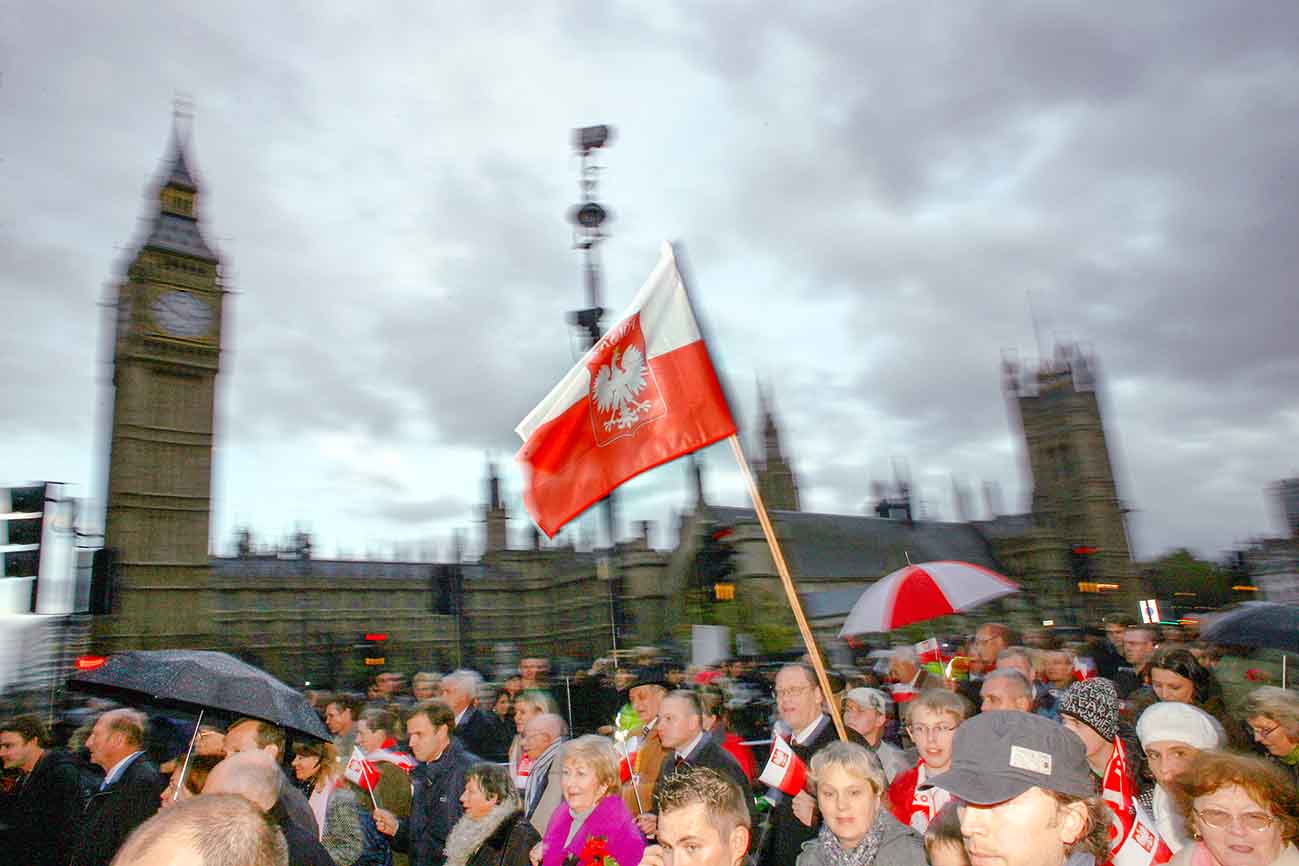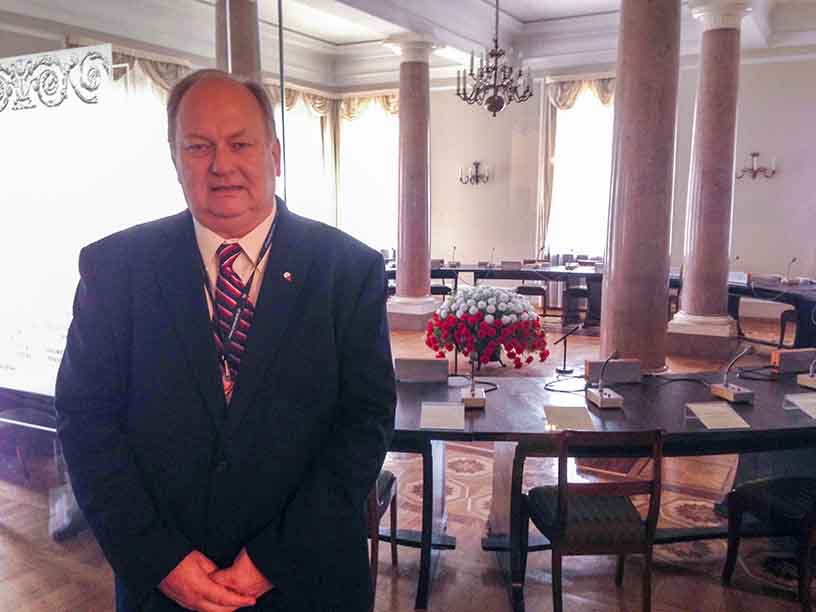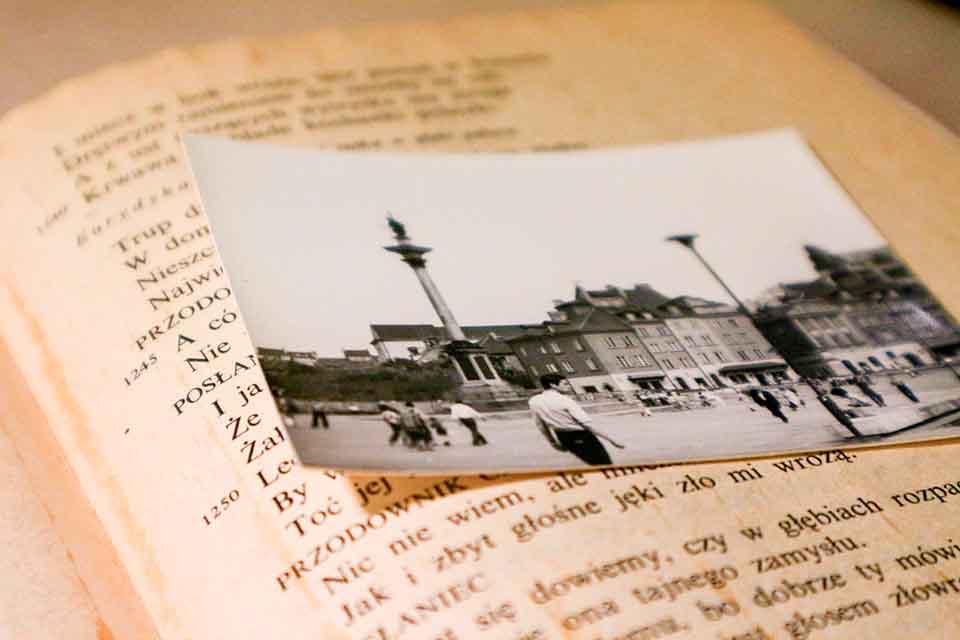I am a Pole, a faithful son of my homeland. The thought of a great and strong, free and independent Poland was and is the content of my existence.
— Ignacy Jan Paderewski, Chicago, April 30, 1915
Here, overseas, we often wonder whether Poland, in its current complicated geopolitical situation, will emerge from it without engaging in direct hostilities until it is attacked; whether it will be able to build the position of a strong and serious state with a professional army, services, diplomacy, and an efficient, rapidly developing business.
In many of my previous publications, I wrote about threats to Poland. Most analysts' opinions show that within 3-5 years Poland may be at risk of war with Russia, so Poland's security should be the most important priority for the state's strategy and there should be national consensus around this issue. As the Head of the National Security Bureau of the Republic of Poland, Jacek Siewiera, says: "If we want to avoid war, the NATO countries on the eastern flank should adopt a shorter, 3-year time horizon to prepare for confrontation."
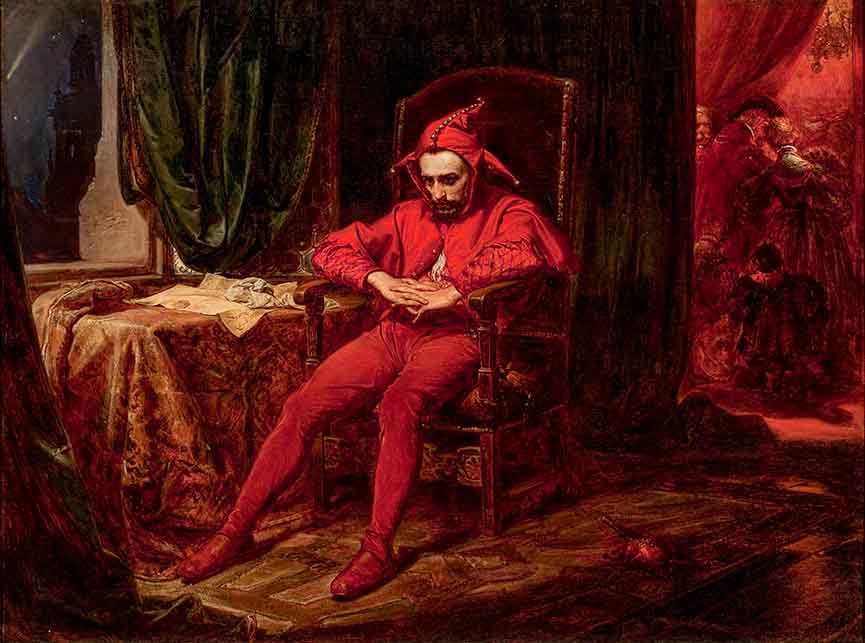
Jan Matejko, "Stańczyk during a ball at the court of Queen Bona in the aftermath of the loss of Smolensk", 1862, oil on canvas. (Source: Wikipedia/National Museum in Warsaw)
State security policy should be of a non-partisan nature and be separated from party politics. However, amid the ongoing debate in the Sejm of the Republic of Poland, no such talks are taking place. They are also not present in the mainstream media. Looking at our political elites here, from across the ocean, one may get the impression that the issue of Poles' security is somehow not of interest to them, and that their attention is absorbed, to put it diplomatically, by topics very distant from the security of the state.
I agree that the issue of allowing dogs to enter the Sejm premises together with their owners is very important, but for God's sake — let's set some priorities in the debate about Poles' problems. All the more so because in 1939 we were also "Strong, United, Ready", and then there was the heroic defense of the Homeland, the lack of a communication system, or a decision-making center, the direction of Zaleszczyki and the extermination of the rest of the Polish elites by Stalin and Hitler.
“We cannot afford peripheral minimalism,” writes prof. Marcin Piątkowski in his book The Golden Age. How Poland became a European growth leader and what the future holds for it, "we must continue to develop," he writes.
Here, overseas, we are disappointed with the lack of a vision for Poland's development, the devastating Polish-Polish war, the inability to cooperate with the Polish diaspora and specifically — the peripheral minimalism.
Despite everything, Poland has been developing very well since 1989 in terms of economic strength. World statistics show this, but we owe this success primarily to the hard work of business people, who are treated by the Polish state as workhorses, on whom more and more new taxes are imposed, and the state, instead of supporting Polish business, helps foreign businesses. Every Pole has the right to have his own house, his own car, a plot of land outside the city or a boat by the lake, and it is his sacred right to decide about it himself. In the sphere of politics, however, we are closed in a mental bubble dating back to the times of the Sanation.
The Polish mentality of political elites does not rely on ideas generated by state, private or university intellectual centers. The mentality of the elites in Poland is to believe in what the party leader says. This bad state of affairs must finally be changed. It cannot be the case that Polish analysts use data from German think tanks, because these in Poland are just starting out.
In Poland, several important books have been written in recent years that talk about the vision for the country. I try to read or listen to them regularly. Many of the ideas contained therein can serve as ready-made scenarios for Poland's strategic development. However, in none of these books I found a single line about the fact that Poles from upon the Vistula River, together with 20 million Poles living in the world, can work for Poland's development. The aspect of the participation of the Polish diaspora in the life of Poland has not been taken into account since 1989. Minister Sikorski's exposé pours out the cup of bitterness, as he excludes the topic of cooperation with the Polish diaspora from his speech.
Let us build the power of the state in the form of a strong and well-trained army with well-trained reserves. Let us also build economic strength based on the creativity, abilities and reliability of Poles. One will have to pay for a well-trained army, just as one will have to pay for war equipment ordered from abroad.
Poland's strength must also be based on an efficient and competitive economy, which must be developed so that it can coherently support the army and the security of Poles. The expansion of the army could be supported by the Polish diaspora. All one needs to do is to study the case of Jan Ignacy Paderewski from over 100 years ago. He believed in Poland, and his words spoken on April 30, 1915, in Chicago were: "I am a Pole, a faithful son of the Fatherland. The thought of a great and strong, free and independent Poland was and is the essence of my existence".
For the Polish elites, this unrivaled example of a great statesman and leader of Polish statehood is associated mainly with music. It would be in vain to look for his followers.
In today's debate about Poland, which is taking place outside the parliament and outside the mainstream media, there are words about mentally colonized political elites. They are painful and disappointing, but don't the words "we don't need CPK (Centralny Port Komunikacyjny, Central Communication Port - Ed.) because we have an airport in Berlin", or the defection of leading Polish government ministers to the European Parliament confirm the thesis about mental colonization and lack of faith in Poland?
Another illustration of the problem is Maciej Wilk's material on Kanał Zero entitled “Audits on the table. Central Communication Program #1", in which an undisputed aviation expert calls on Minister Lasek to disclose audits regarding CPK. Local government elections are also disappointing, with city leaders waiting for subsidies, building footbridges and wanting for their city to be included among European metropolises. What matters is the strategic vision, economic development and continuous training of staff from small urban centers.
I recently talked to an American professor, a specialist in political marketing, to whom I told briefly about the Polish-Lithuanian Commonwealth, the secret of the Enigma, Captain Pilecki, Irena Sendler, and others. His answer was short: make a good film about Poland. So I ask why the discussions about making a Hollywood film about Poland are decided by losers, people who do not believe in Poland?
I would like to remind you that in November the United States will host the most important elections in the world, which may upend the global political table. As Poland, we have no influence over this, even though we have a 10-million-strong diaspora in the US that could have a real impact on American policy. Officials in the Department of State and other diasporas working closely with it know this very well. The Polish diaspora in America still believes in Poland and it is enough to unlock the political will in Warsaw for the Polish diaspora to support the non-partisan policy of the Polish state. But do we have a non-partisan policy and are we able to build a "great and strong, free and independent" Poland? Do we all believe in Poland? Translation from Polish by ANdrew Woźniewicz.







